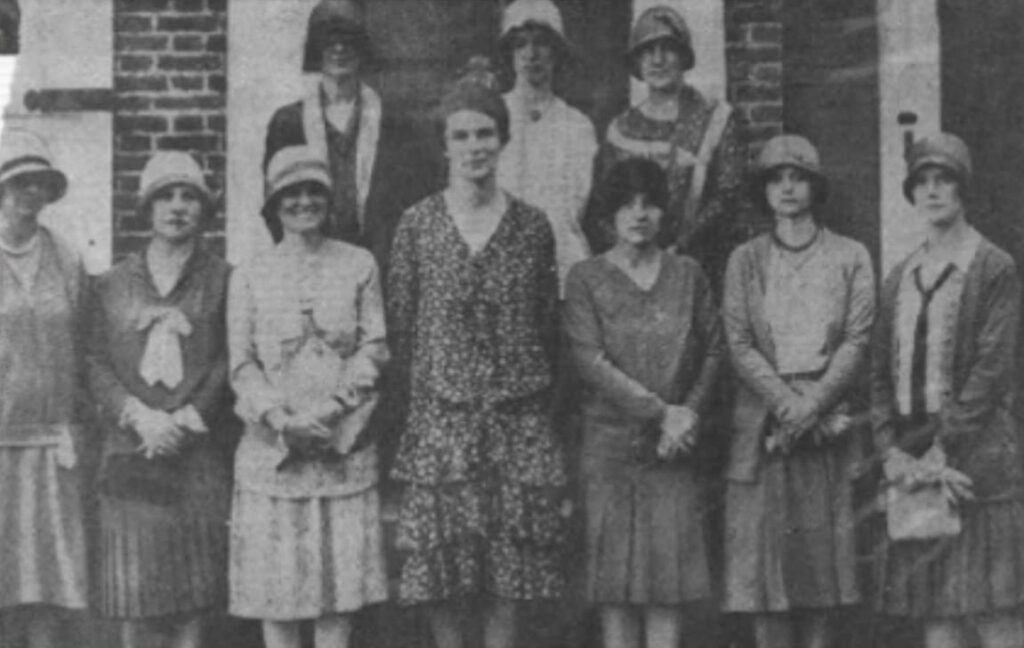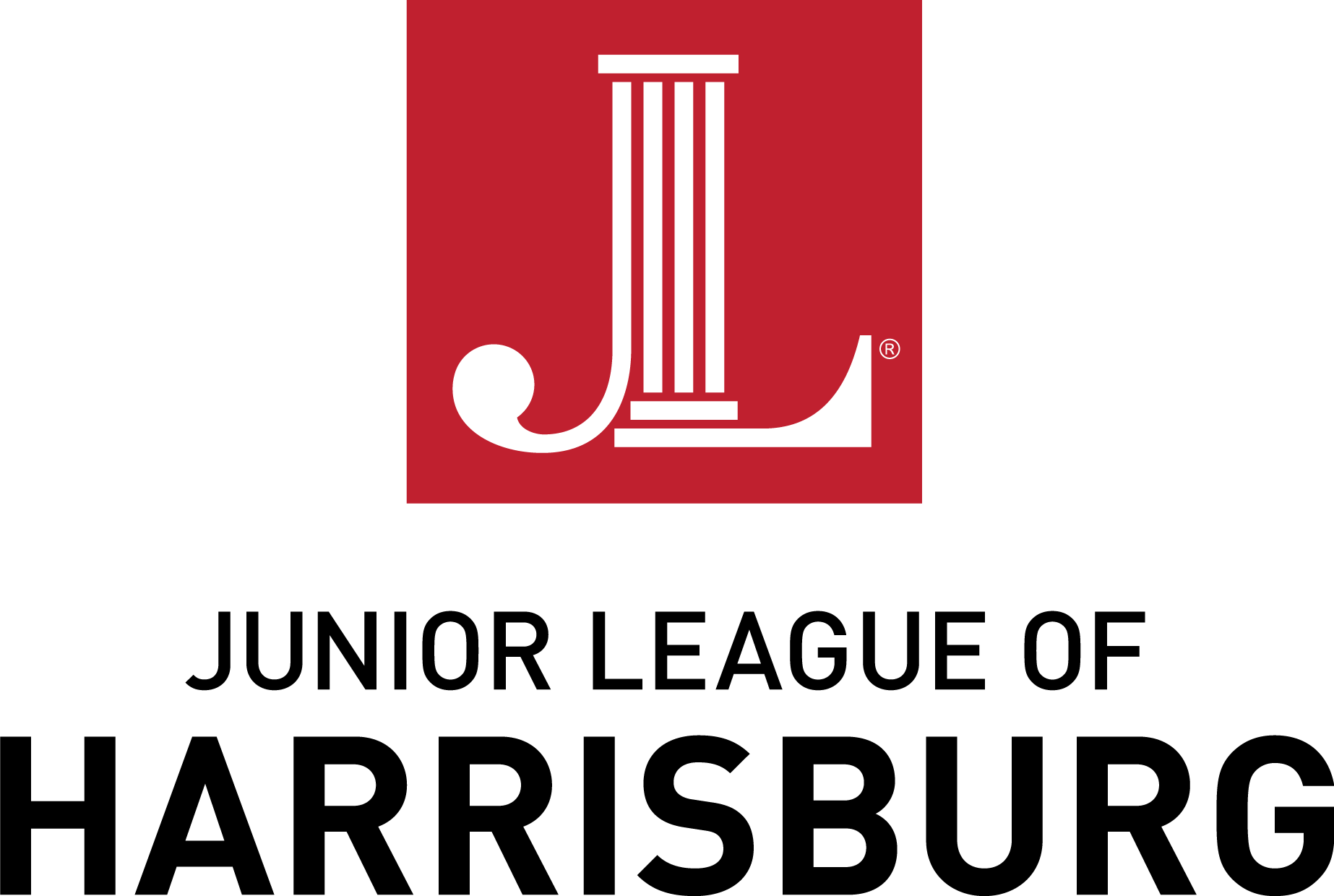Our History
The first Junior League was founded in 1901 by a nineteen-year-old New York City debutante with a social conscience named Mary Harriman. Moved by the suffering she saw around her, Mary mobilized a group of eighty other young women to work at a settlement house in lower Manhattan. The news of their work and accomplishments spread so rapidly that more and more women in cities across North America began forming their own Leagues. Today, the Association of Junior Leagues International (AJLI) has 294 member Leagues throughout the US, Canada, Mexico, and the United Kingdom — 171,000 individual members.
Locally, the Junior League of Harrisburg (JLH) was formed in 1929. Since its foundation, the Junior League of Harrisburg has been at the forefront of identifying and fulfilling community needs. JLH provided the area’s first childhood immunization awareness campaign which was offered before such programs were federally mandated and funded. Additionally, JLH founded the Museum of Scientific Discovery in 1981 which is now part of the Whitaker Center, to provide educational science programs for children.

Beginnings
JLH began in 1927 with forty-five members. Two years later, it was accepted as a member of the Association of Junior Leagues. Early League activities were centered on Seventh Street at the Penn Community Center where members led courses in cooking, sewing, art, dancing, and woodworking. They also collected toys and books for children in the city.
Bargain Box
The League’s first Bargain Box was held in 1929.
Dog Show
Harrisburg’s first American Kennel Club Dog show was held in 1935 at the Farm Show under the auspices of JLH and the Harrisburg Kennel Club.
Cottage for Convalescent Children
In April of 1937, the League started the Cottage for Convalescent Children. Children suffering from rheumatic fever, malnutrition, pneumonia, burns, bone infections, or the like were referred by agencies, doctors, or social workers. Patients received medical, surgical, and nursing care at no cost to their families or any referring agencies. League members handled the maintenance of the cottage and transported the children to and from the facility and to any appointments.
World War II
During WWII, the League streamlined and reduced many of its programs to put more work into supporting war efforts, particularly with the Civilian Defense and the Red Cross.
Social Service Exchange
In the 1950s, the League worked with the United Fund to set up a social exchange. The project was to facilitate cooperation between social service agencies. Twenty-five agencies were involved with the beginnings of the project.
Child Guidance Center
In 1956, the League started a Child Guidance Center which it funded and volunteered. The center received referrals from the Harrisburg School District.
Follies Revue
The League added a new fundraiser in 1961 with a musical revue. The first Revue was called Windward Ho.
Golf Exhibition
In 1967, the League held a golf exhibition match featuring Arnold Palmer and Bruce Devlin as a fundraiser.
Partners
In 1966 the League began a project called Partners. It was free information, referral, and counseling services for all older people. It also served as a volunteer bureau for those who wished to remain active by participating in volunteer services.
Sandra Osler
In 1970, Mrs. Sandra Osler was elected the President of the Association of Junior Leagues International. She was the first woman from Harrisburg to head the national organization.
Yoke Crest, Inc.
In 1971, the League donated funds to Yoke Crest, Inc., a halfway house for parolees. Members also tutored residents and gave seminars in areas like speaking, arts, and gardening.
Dauphin County Child Care
In 1973, the League began the Dauphin County Child Care project and used a seventeen-foot mobile unit to tour shopping centers and help recruit parents for adoptive and foster homes for hard to place children. This was the first time the League partnered with a governmental agency.
Susquehanna Group Home
In 1975, the Susquehanna Group Home was opened. The League researched the project, invested money, and took out a ten-year mortgage on the property. The home was a long term residence for adolescent girls who were referred by Dauphin County or the juvenile court system.


